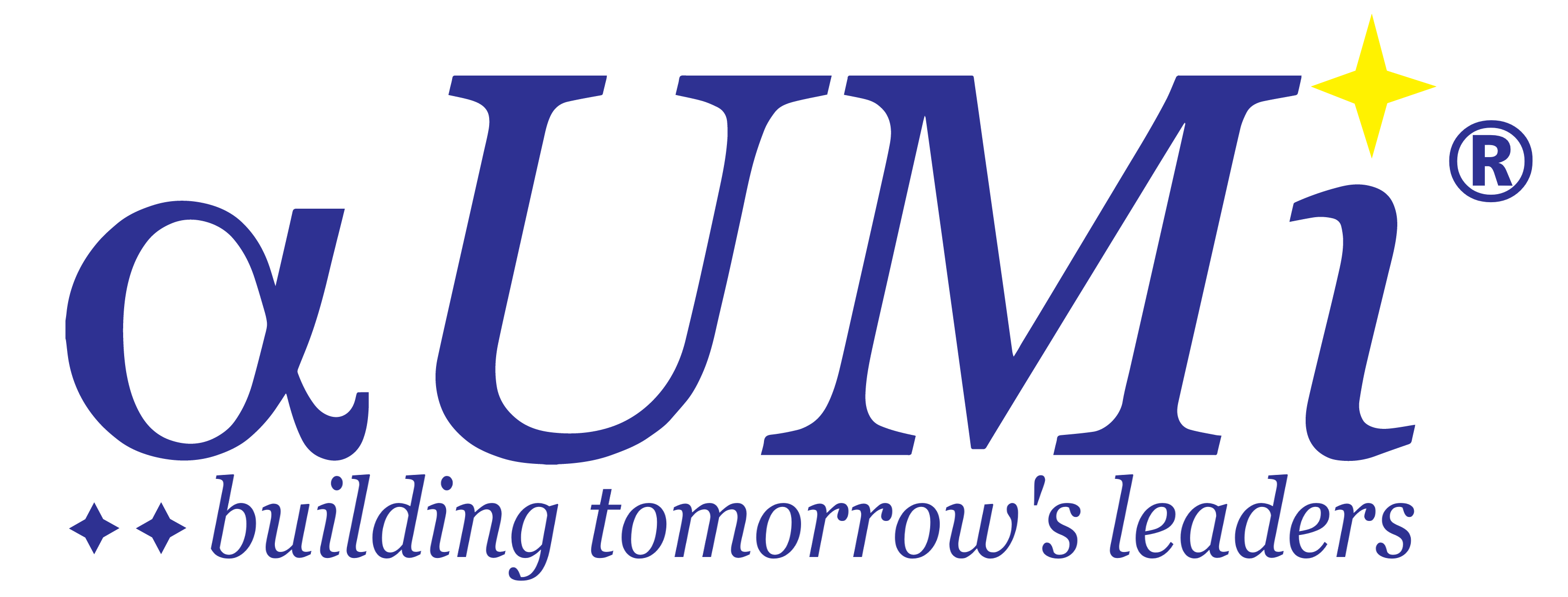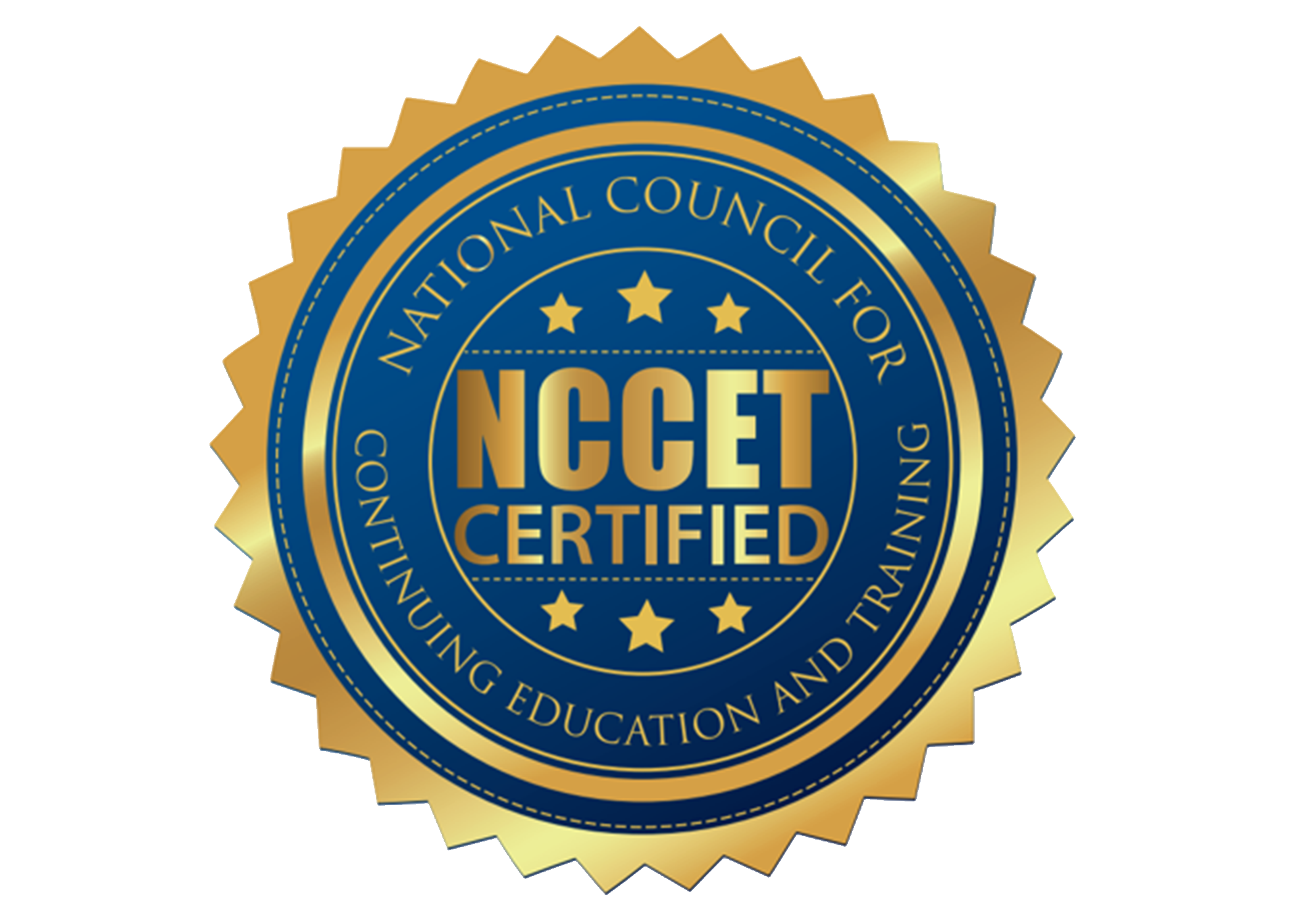In the last couple of months, the world experienced events that demanded significant behavior change on the part of individuals and organizations alike. Some have adapted well to the change demanded while others have experienced resistance and increased stress levels. Adapting to change will determine which individuals and organizations emerge successfully from challenging times.
A major change is demanded when a discrepancy between expectations and reality occurs. The subconscious prefers the known and will fight to preserve behaviors that support it while resisting those that support change. To adapt successfully to change, an individual or organization must reach the tipping point where the psychological pain of remaining the same is greater than the anticipated psychological pain of adapting to a changed reality.
Once that tipping point is reached and adapting to change is desired, individuals need the mental, emotional and physical resources to adjust their expectations to match the new reality rather than attempting to merely accept or like it. So, how do we adapt to change, and more importantly, how do we lead others who are in our charge, to adapt to change?
First of all, finding the humor in the situation can be instrumental in being able to shift perspectives to find a creative way to adapt to change. Think of some of the creative masks people came up with during the Covid-19 pandemic. While we never want to make light of someone else’s plight, finding an inclusive and respectful way to inject some humor can make ourselves and others feel better as we craft our adjustment process.
Secondly, understand stress and use it to adapt to change. Negative stress is obviously detrimental to us, both psychologically and physically but eustress or good stress is akin to resilience and helps us tap into the mental strength we need to endure through a challenging situation so that we can adjust our expectations and adapt to the new reality we are facing.
A third tactic is to realize that no change must be faced alone. When we accept responsibility for our actions and step out to adapt to a new change in our lives, we gain power by reaching out to others as mentors, coaches, and/or teachers. When we do this, we also act as positive role models for others who may be facing similar situations.
When we consider the fact that change is inevitable, it may also occur to us to “be the change in the world we want to see,” rather than being the tag-alongs who have to react to the change someone else creates. Granted there are changes over which we have no control and our only alternative is to shape the way we react to those changes but being a disruptor is a new kind of leadership that gets ahead of change to shape its course and thus proactively adapt to the change created.
Lastly, expect change and it loses its power over you. Individuals who consider changing circumstances to be challenges to overcome, adapt to change much more successfully than do those who contemplate change as the end of a “golden era” and lament its loss. Successful adaptation to change requires us to identify the change needed, hone strategies for dealing with the required change, and then shift our behavior to accommodate it.
Change is constant and resisting it does not produce positive results. Expecting and embracing change helps us to adapt successfully and enjoy the process.
Resources:
Hoogerhuis, M. & Anderson, J. (2019). How to Adapt to Constant Change: Create It. Gallup Workplace. Retrieved from: https://www.gallup.com/workplace/268991/adapt-constant-change-create.aspx
Martin, R. & Kuiper, N.A.( 2016). – Three Decades Investigating Humor and Laughter: An Interview With Professor Rod Martin. The European Journal of Psychology. Retrieved from: https://www.ncbi.nlm.nih.gov/pmc/articles/PMC4991054/
McGonigal, K. (2015). Embracing Stress is More Important Than Reducing Stress, Stanford Psychologist Says. The Upside of Stress https://news.stanford.edu/2015/05/07/stress-embrace-mcgonigal-050715/
Tasler, N. (2016). How to Get Better at Dealing With Change. Harvard Business Review. Retrieved from: https://hbr.org/2016/09/how-to-get-better-at-dealing-with-change
Dealing with job change?
Brush up your interpersonal skills with our excellent training! Find out more at our 5GAcademy page!


